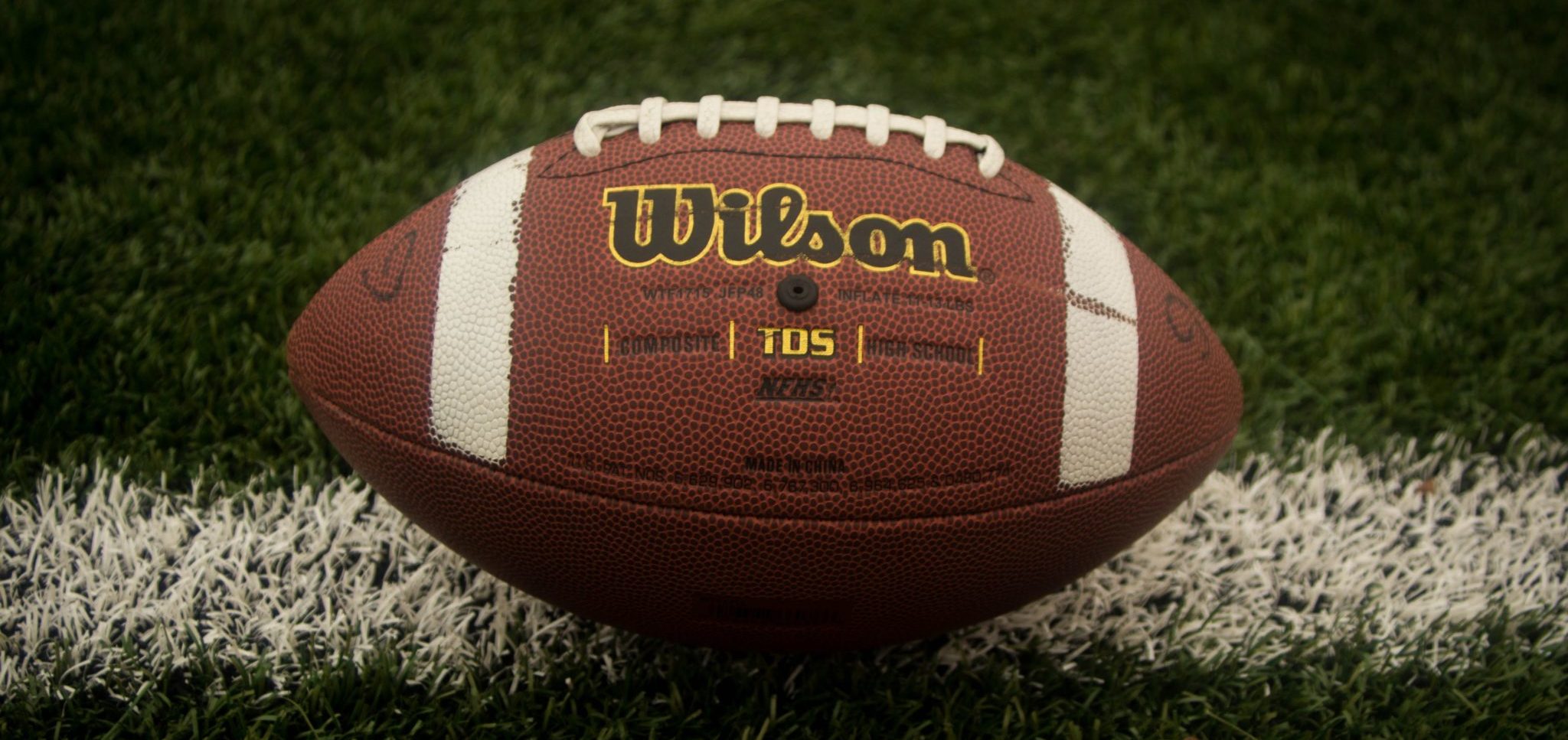It’s game day. You and your fellow fans are surrounded by grills and plumes of smoke infuse the air with aromas of seared foods. In all the fun, it’s easy to forget that little pathogens and potential dangers surround you as well. Don’t. Tailgating is supposed to be a big party before a big game, and not the cause of an unexpected illness or a tragic mistake that leads to a harrowing trip to the hospital. Keep the day fun and exercise food-handling wisdom and grilling safety.
Avoiding Food-borne Illness
According to the U.S. Department of Agriculture, food-borne illnesses annually make about 48 million people sick and cause about 3,000 deaths in the United States. Symptoms are often flu-like: diarrhea, fever, nausea, etc. Sometime they appear immediately, sometimes after weeks. Take these simple precautions to protect yourself from food contaminated with bacteria and other pathogens like E.coli and salmonella.
Don’t Cross-Contaminate
Here’s a good rule of thumb: keep raw meat and poultry separate from pretty much anything you plan to eat or eat from. Do not risk contaminating cooked foods by using the same platter and utensils you used for raw meat and poultry. When packing foods for transport to the party, make certain raw foods can’t contaminate other foods by packaging securely. If you’re planning on handling raw meat, check for a clean water source nearby or bring your own water, moist towelettes or cloths to clean surfaces and hands exposed to the raw food.
Keep it Cool
Keeping food cold before cooking holds bacteria at bay. During transport to the party, food should be maintained at a minimum 40˚F inside an insulated cooler with adequate ice or ice packs. Don’t allow meat and poultry to sit out and warm up, giving whatever microscopic creatures a chance to flourish. Take them straight from the refrigerator to the cooler, then from the cooler immediately to the grill. Help the cooler do its job well by keeping it out of direct sunlight. And don’t open the lid too much.
Wield a Food Thermometer
Don’t rely on the outside brown color of your steak or chicken—it may not be cooked well enough inside. Destroy the little organisms that could ruin game day by cooking food thoroughly with the minimum temperature needed to ensure meat safety. Invest in a food thermometer, and follow this guide for minimum cooking temperatures as suggested by the USDA:
• Raw meat (raw beef, lamb, pork, roasts and chops): 145˚ F
• Ground meat (ground beef, ground lamb and ground pork): 160˚ F
• Poultry: 165˚F
Practice Safe Grilling
Always use your grill in a well-ventilated, open space, not in a garage, porch or under anything flammable. Using a grill in the wrong spot can cause deadly fire, carbon monoxide poisoning or both. Whether you use charcoal or gas, here are some basic safety guidelines for grilling:
• Always stay with a lit grill. If it flares, you can be there to spread the coals or adjust the gas for temperature control.
• Keep baking soda or a kitchen fire extinguisher handy to put out any grease fires.
• Be sure the grill sits stable and all parts are firmly in place.
• Keep lighted cigarettes, matches, or open flames away from the grill.
• Sunscreen is flammable. Do not apply aerosol sunscreen near a grill or open flame.
Safety Checks on Your Grill
Maintenance and safety checks are essential for preventing accidental fires and carbon monoxide poisoning. Particularly with gas grills, it’s important to check regularly for signs of wear and tear before they are lit. The U.S. Consumer Product Safety Commission advises completing the following checks:
Recalls. Check with saferproducts.gov to see if the grill has been recalled. If so, do not use it and contact the maker to fix or replace it.
Hose replacement. Inspect the hoses on a gas grill to see if they need replacing. Look for cracks, holes or leaks, and make sure there are no sharp bends in the hose or tubing. Check that all connections are secure.
Propane gas leaks. Make sure there are no leaks by applying a soap solution around the gas supply valve. If you see bubbles, you’ve got a leak. If the tank connection can’t be tightened, let a pro fix it. If the grill does leak, don’t light it until it is fixed.
Don’t forget to clean your grill regularly. Clean as often as it says to in the owner’s manual, especially the gas trap.
Written by: Pamela Perkins
Source: HealthScope

Leave a Reply
You must be logged in to post a comment.